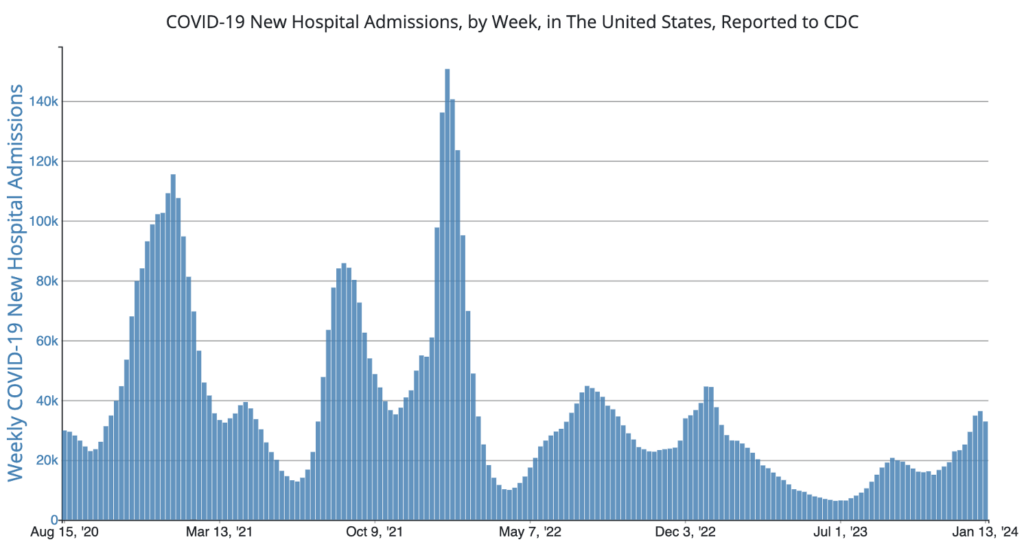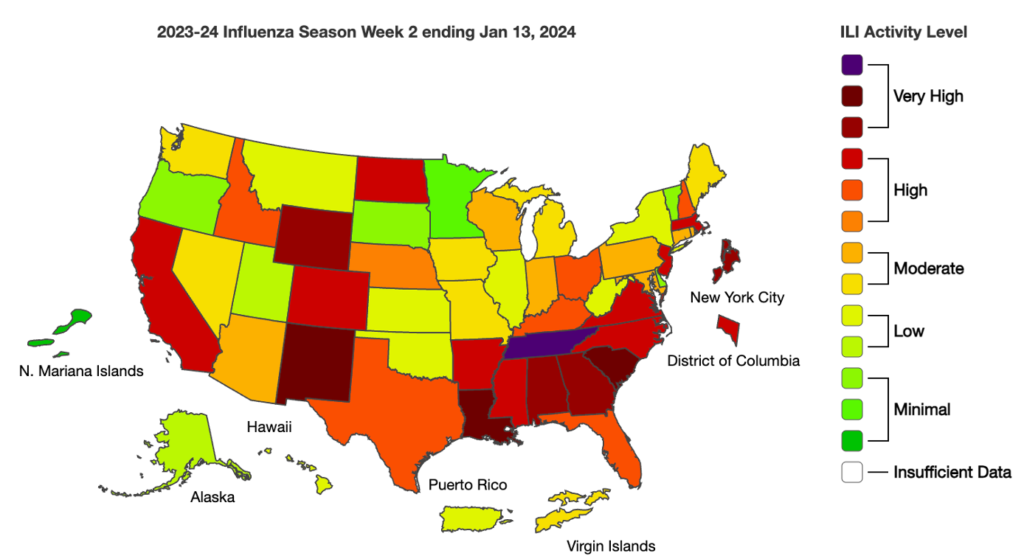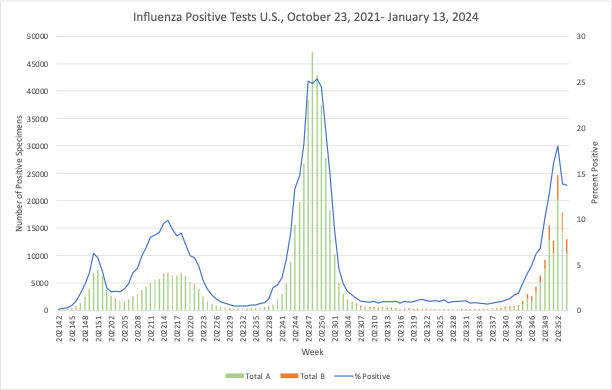Did you know … not only is Long Covid “real,” but a person with Long Covid is protected under the Americans with Disabilities Act (ADA). That is, if the symptoms are enough to cause a “physical or mental impairment that substantially limits one or more major life activities,” the person can be considered to have a disability and be entitled to accommodations in the workplace.
Long COVID, or Post-COVID Conditions (PCC), is defined by HHS as signs, symptoms, and conditions that continue or develop four weeks or more after an acute COVID-19 infection. It may be multisystemic, and may relapse and remit or worsen over time, with the possibility of severe and life-threatening events months or years after infection. The most common symptoms are tiredness or fatigue; difficulty thinking, concentrating, forgetfulness, or memory problems (i.e., “brain fog”); difficulty breathing or shortness of breath; joint or muscle pain; fast-beating or pounding heart (palpitations); chest pain; dizziness on standing; menstrual changes; changes to taste/smell; and inability to exercise.
While it occurs most frequently in those who had severe COVID-19 illness, anyone who was infected can experience Long COVID. At highest risk are those who are not vaccinated and those who have been infected multiple times, as each infection has a chance of becoming Long COVID. Unfortunately there is no test to determine if symptoms are Long COVID-related, rather the diagnosis of a healthcare provider will be based on the person’s health history, including that of COVID infections, and a health examination.
Because workers may have difficulty working the way they did before their illness, there are ADA protections for those with debilitating Long COVID, with employers needing to provide temporary or long-term accommodations. Examples of such accommodations are:
- Allow rest breaks
- Allow time for medical treatment such as use of a nebulizer or inhaler
- Restructure the job to remove marginal job functions
- Allow a flexible schedule
- Allow use of noise cancellation or white noise(e.g., for difficulty thinking or concentrating)
- Reduce the physical demands of the job
- Full list of examples for specific conditions is available at DOL.
Additionally, because accommodations will be dependent on the person’s specific conditions, it is advised that the employer discuss possible accommodations with the worker (or follow any instructions given by a healthcare provider) to determine how to best fit the needs of both the worker and the business.
COVID Risk Matrix:

Influenza:


Infectious Disease News:
- Zambia’s President has urged individuals to relocate form towns to villages following the deaths of about 300 people in a cholera outbreak. The request to relocate is due to good sanitation practices and space being more abundant in villages. More than 7,500 cases have been reported nationwide since last October. In a 24-hour window last week there were more than 500 new cases and 17 deaths reported by the health ministry. WHO is sending one million cholera vaccine doses to Zambia to contain the outbreak.
- Invasive Group A Strep has taken 6 Ontario children’s lives since October. Canada is seeing a record number of cases of invasive Group A strep, which is estimated to kill roughly 1 in 10 people who contract it. More than 4,600 cases were confirmed in 2023, which is more than a 40% increase over the previously high year in 2019.
- Cameroon has started the world’s first routine vaccine program against malaria. Every year 600,000 people die from malaria in Africa, of which children under five make up at least 80% of those deaths. Cameroon is offering the RTS,S vaccine free of charge to all infants up to the age of six months old.
- With ample supplies in various provinces of Canada, questions arise about whether Paxlovid -the drug used to help treat Covid- is reaching the high-risk individuals who truly need it. Research has shown that the drug has been given to many individuals at lower risk, to which it isn’t as effective. Changes in the COVID landscape, including widespread vaccination and prior infections, raise concerns about the drug’s effectiveness, leading to varied eligibility criteria and challenges in determining who should receive Paxlovid.
- Six African nations have reported a total of 20 new polio cases: Chad, Ivory Coast, the Democratic Republic of the Congo (DRC), Mozambique, Nigeria, and South Sudan. All cases involved circulating vaccine-derived poliovirus type 1 (cVDPV1) or type 2 (cVDPV2).





